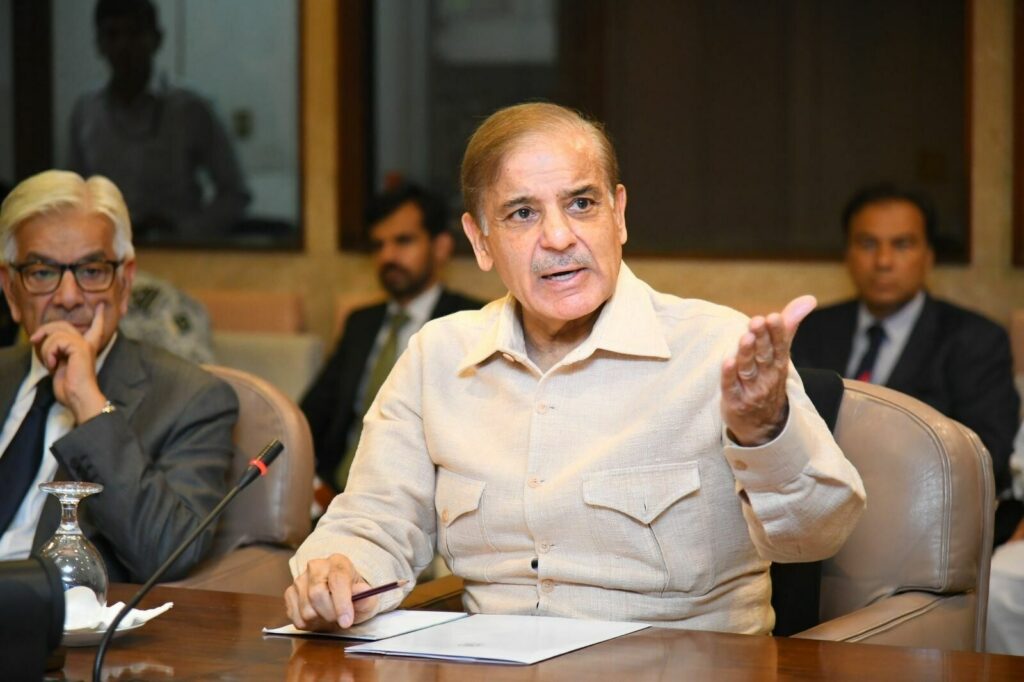ISLAMABAD: To modernise Pakistan’s tax and customs infrastructure, Prime Minister Muhammad Shehbaz Sharif has directed the Federal Board of Revenue (FBR) to launch the country’s first-ever Artificial Intelligence (AI)-based Customs Clearance and Risk Management System (RMS).
The new system utilises AI, bots, and machine learning technologies to automatically assess the value, nature, and risk profile of imported and exported goods. This shift marks a significant step toward digitisation and automation within the country’s tax collection and customs processes. During an official briefing, it was revealed that the AI-driven RMS has demonstrated over 92% improved performance during its initial testing phase. The pilot run also resulted in an 83% increase in Goods Declarations (GD) for tax purposes, and a 2.5-fold rise in green channel clearances, significantly expediting the customs process. Officials noted that the new system brings greater transparency, reduces human involvement, and facilitates businesses by cutting down clearance time and improving accuracy in cost and item evaluation. As the system continues to learn and adapt through machine learning, its effectiveness is expected to improve further over time.
Prime Minister Shehbaz Sharif chaired a high-level review meeting on the ongoing FBR reforms, where he was briefed on the system’s performance and its potential to enhance revenue collection, particularly in the manufacturing sector. The use of video analytics for tax enforcement in manufacturing industries was also introduced, aiming for transparent and automated tax assessment with minimal human interaction.
“The government’s top priority is to reform the FBR and introduce automation for transparency and efficiency,” the Prime Minister stated during the meeting. “This modern system will not only simplify business operations but also make tax compliance easier for honest taxpayers. With reduced human interference, the process will save both time and money.” The system’s low operational cost and high efficiency—reportedly 98% during pilot implementation in the manufacturing sector—make it a viable tool for nationwide rollout. Officials believe it will significantly increase state revenue while minimising the tax burden on compliant businesses. The Prime Minister appreciated the efforts of the officers and technical team involved in the development and rollout of the new RMS and directed them to ensure that the system remains integrated, sustainable, and scalable for future needs.Federal Ministers Muhammad Aurangzeb and Attaullah Tarar, FBR Chairman, and other senior officials attended the briefing.





